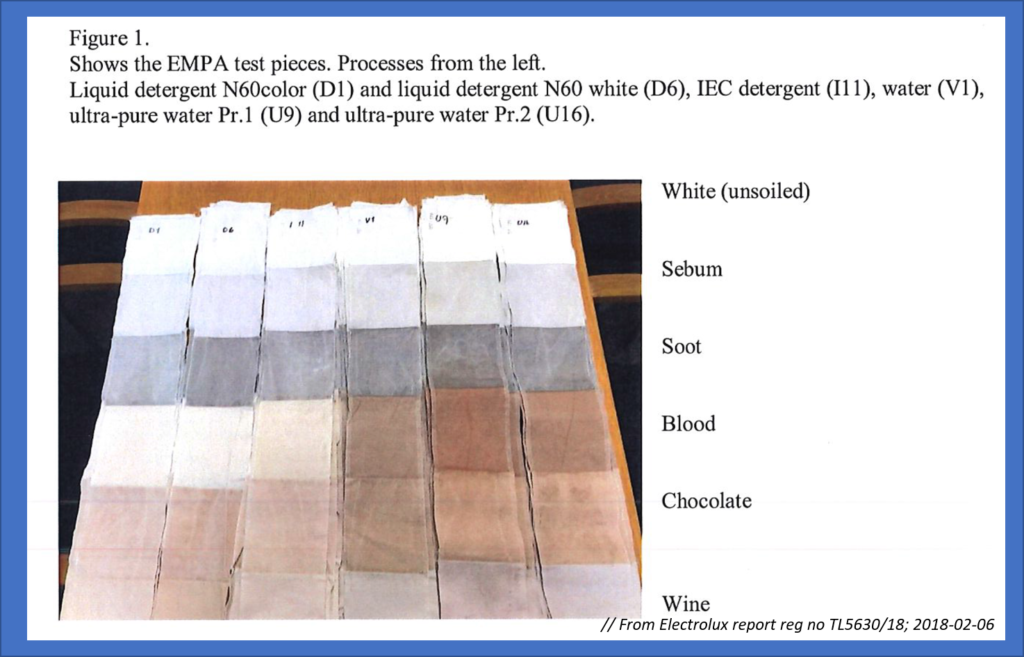
Background and current situation
Deionized water, aka Ultrapure water (UPW), is the same as water with only trace amounts of remaining dissolved salts. It is occasionally used to rinse glassware or a luxurious car to avoid shady streaks of deposits of minerals as the water dries away. A few years back, anecdotal observations suggested that UPW may have significantly better general cleaning properties than common tap-water (with some dissolved salts and minerals). Soon thereafter, it was suggested by some that UPW has such extraordinary properties that it alone, without even having to be heated, could serve as a perfectly equally efficient substitute for the traditional combination of hot tap-water and washing powder for laundry. Although this is a pretty bold claim without any clear support in the presently known chemistry of water, the mind-blowing positive effects on the environment and the reduced need of energy, made some land-lords and investors interested enough for serious business to develop. Currently this gravitates around the company Scandinavian Water Technology AB (SWATAB), which markets a combined ion-exchange de-ionizer and reverse osmosis system for the provision of UPW for laundry. A sub-group of academics within the chemistry community has been very critical and wordings such as pseudo-science and even fraud has been heard from that side, in stark contrast to several organizations that have handed out prizes to SWATAB for their bold, innovative and/or environmentally important work (see for example an early media report) SWATAB, being fully convinced of the efficacy of UPW, refers to the results of a previous independent study, which shows that UPW indeed removes stains from dirty rags to a remarkable degree, but in which study no direct comparison between UPW and tap-water has been made. Thousands of people are now dependant on the efficacy of UPW as they now have no other means of washing their clothes in connection to their rental appartments.
Could it be that UPW indeed has extraordinary cleaning properties and that this fact will open up a new field of research to find out why?
You’d most probably come to the conclusion that UPW isn’t that much different from common tap-water when it comes to laundry-efficiency. At least not when you’d had a detailed further look around at the material collected and linked to on these pages – such as the visuals above from a previous study of Electrolux’s, or the following results of an experiment of my own, which is also included in a video.
Archive of documents of relevance for this case.
YouTube playlist on this case.
Twitter (David Wensbo Posaric).